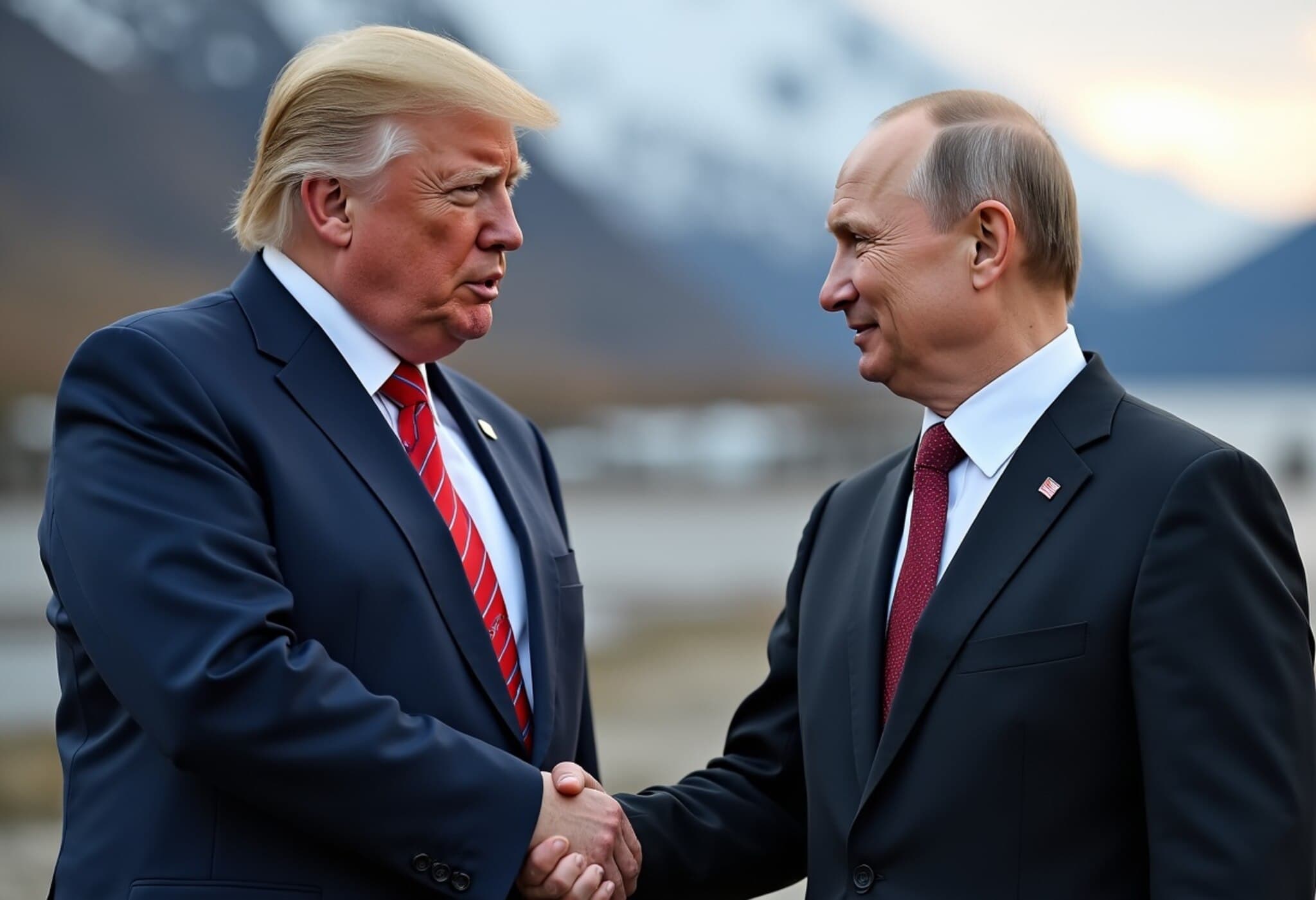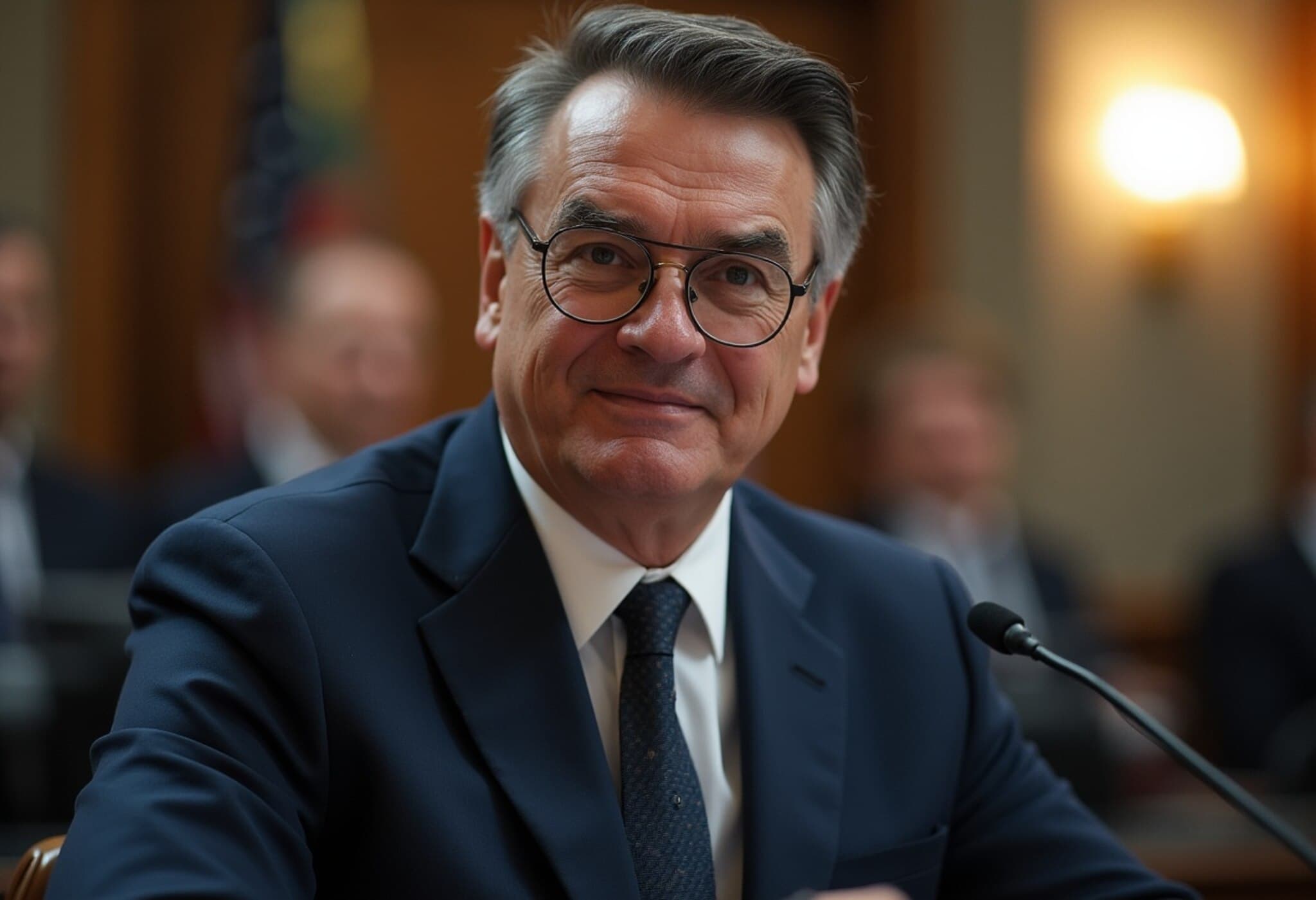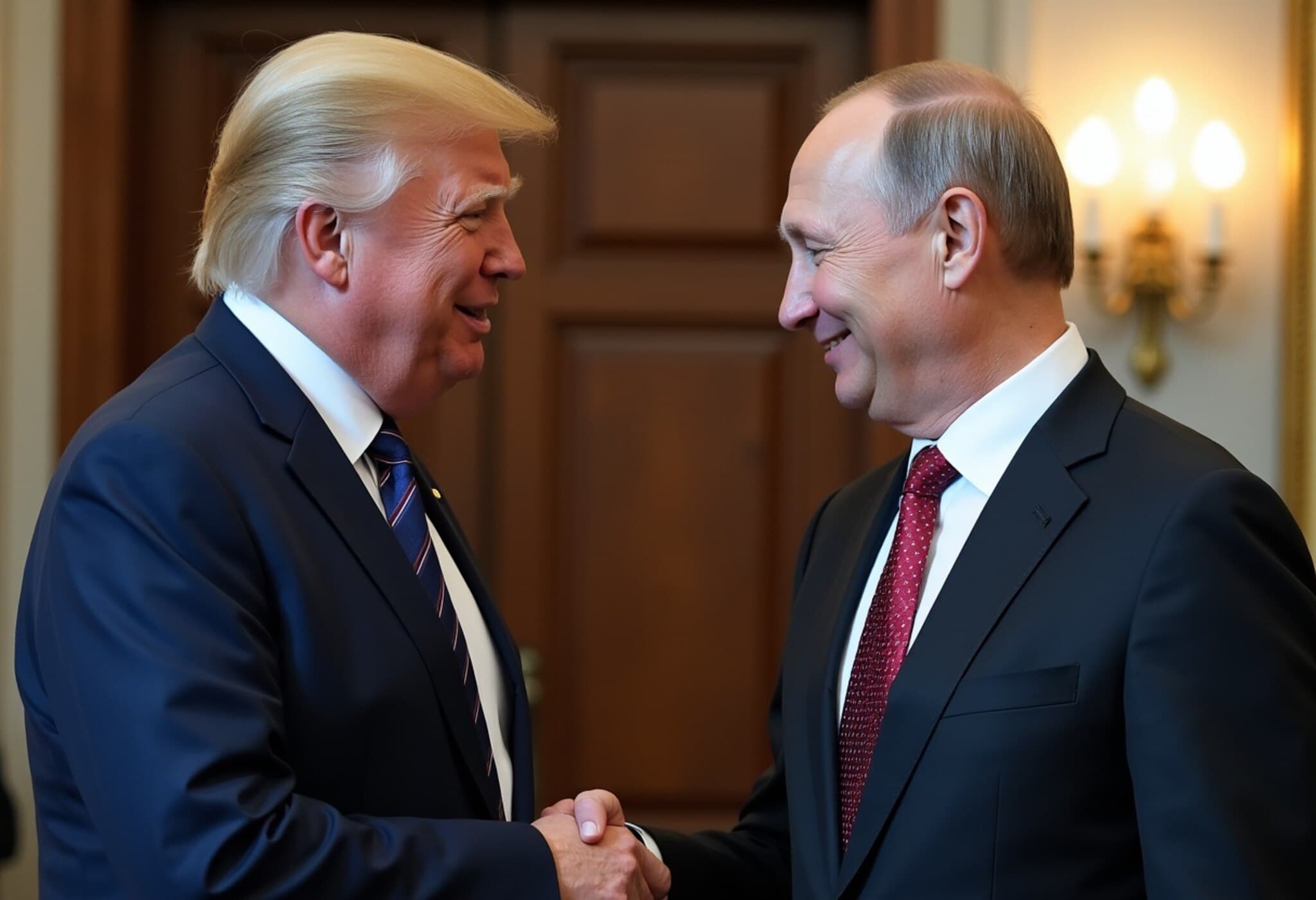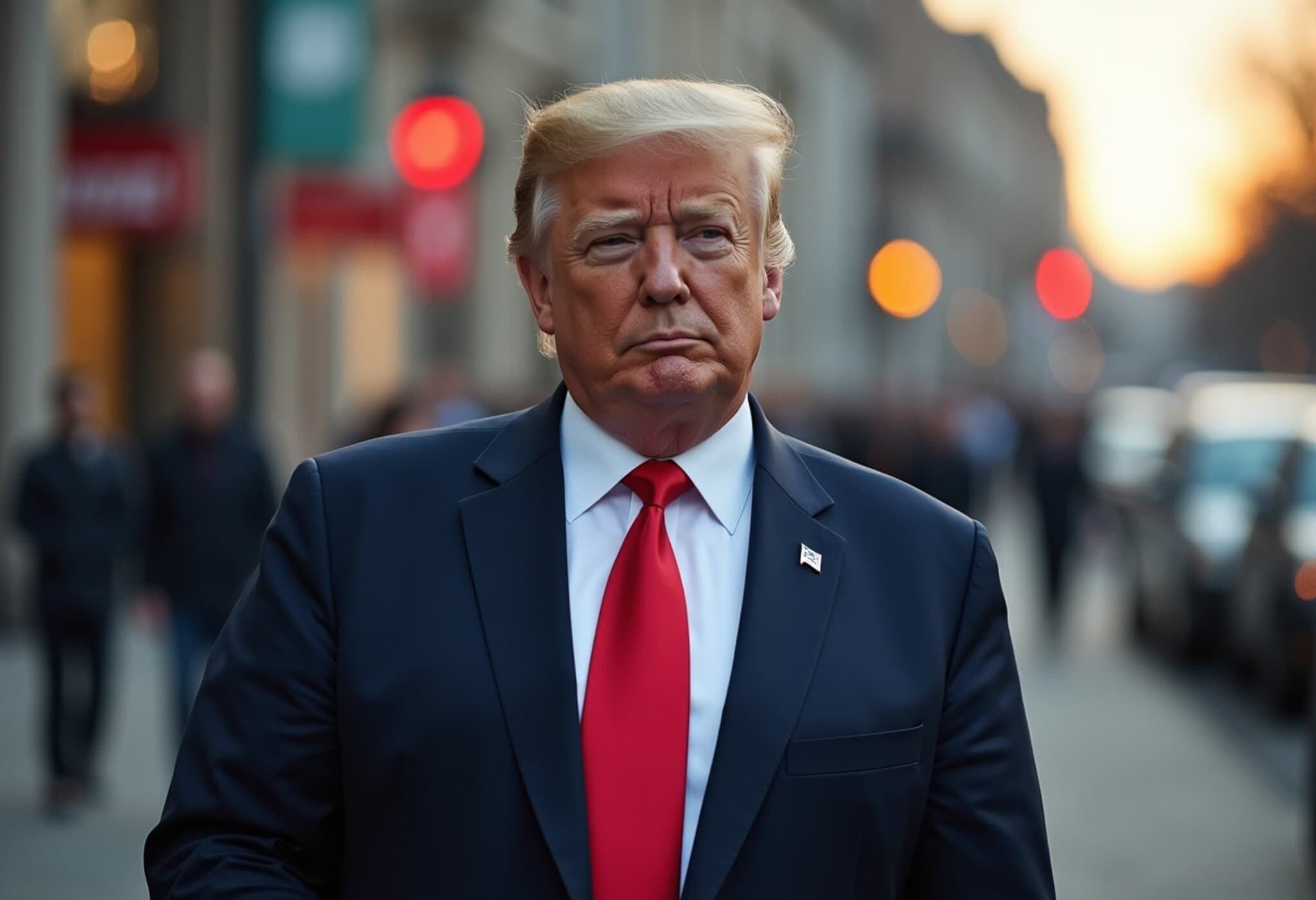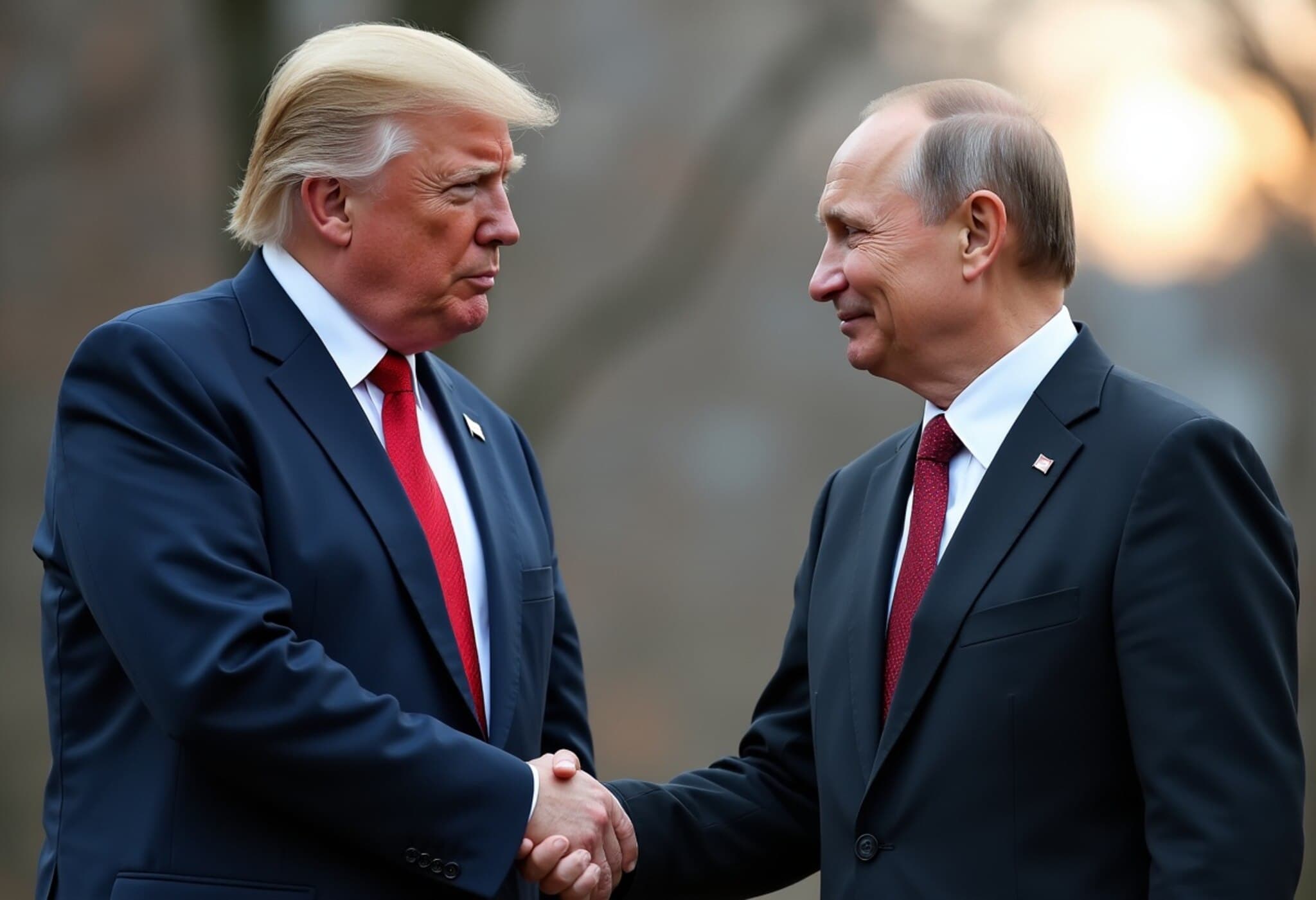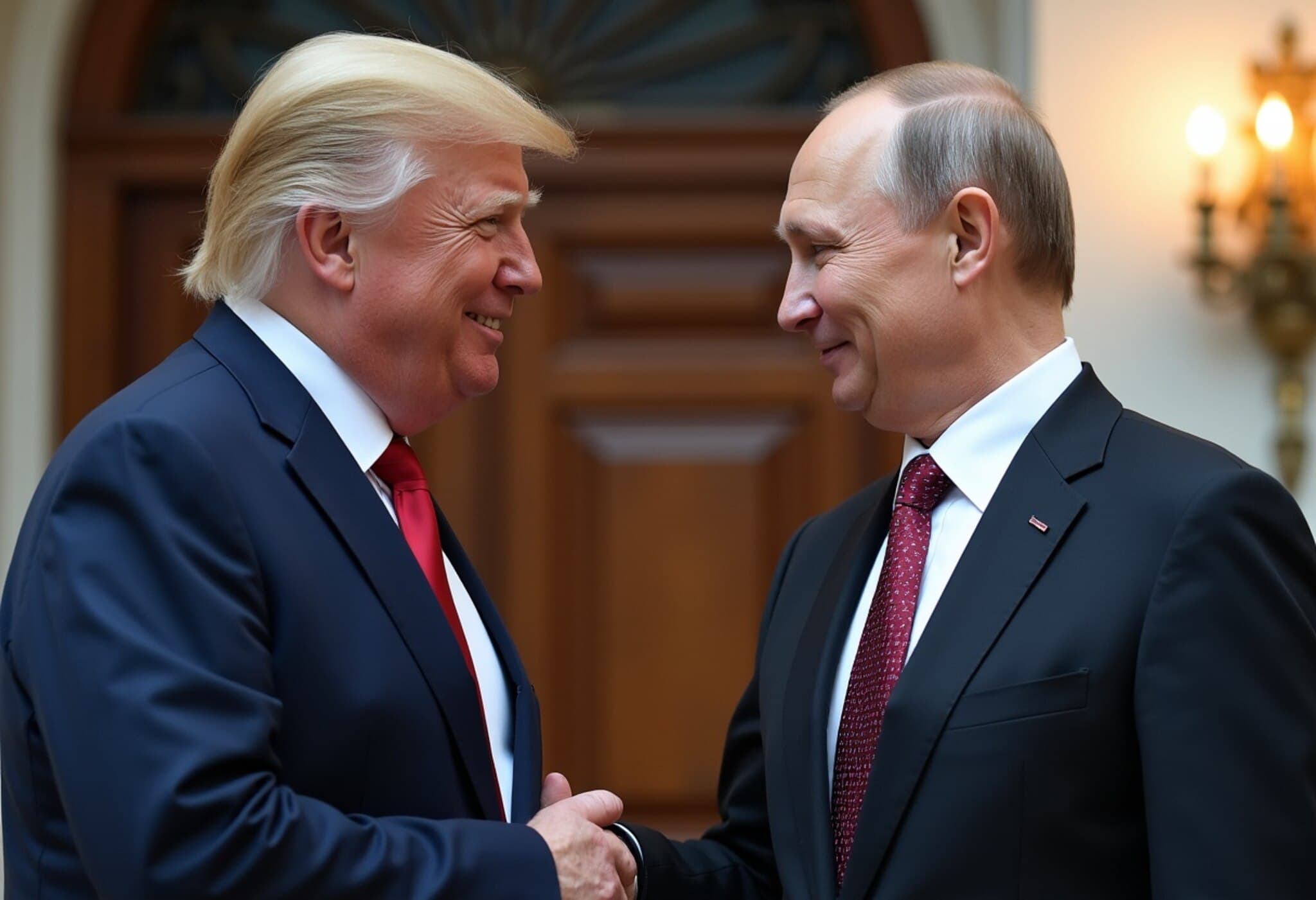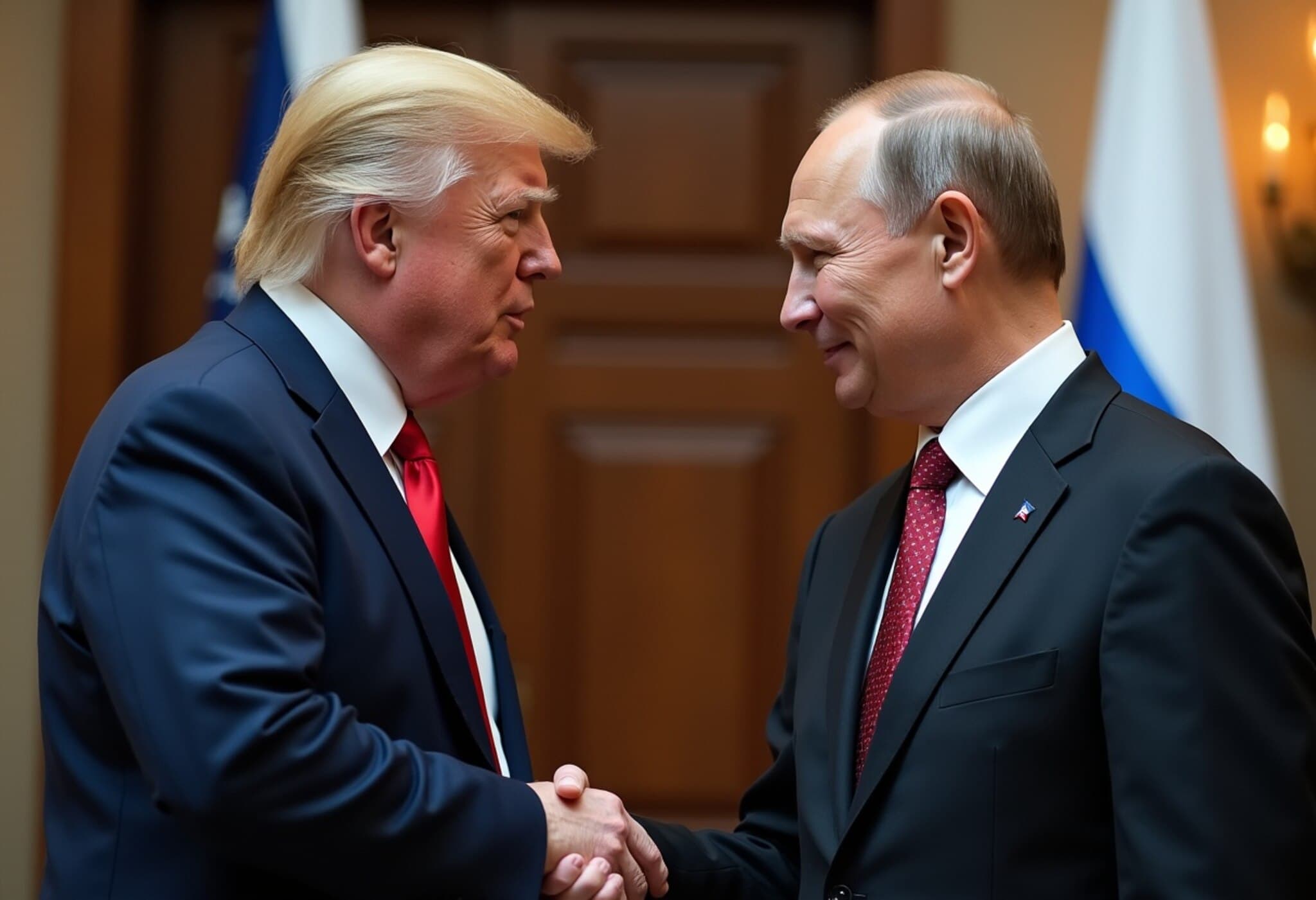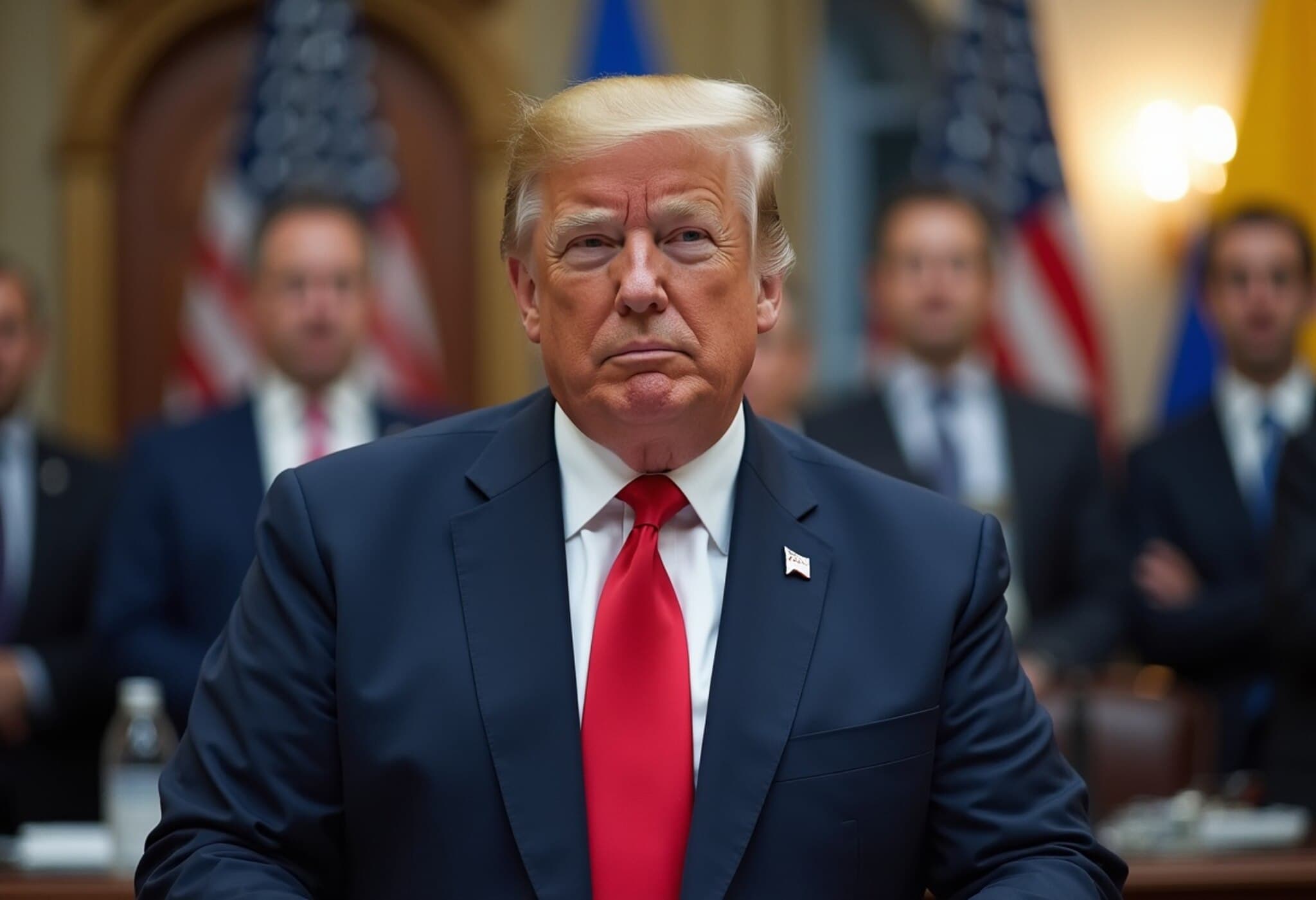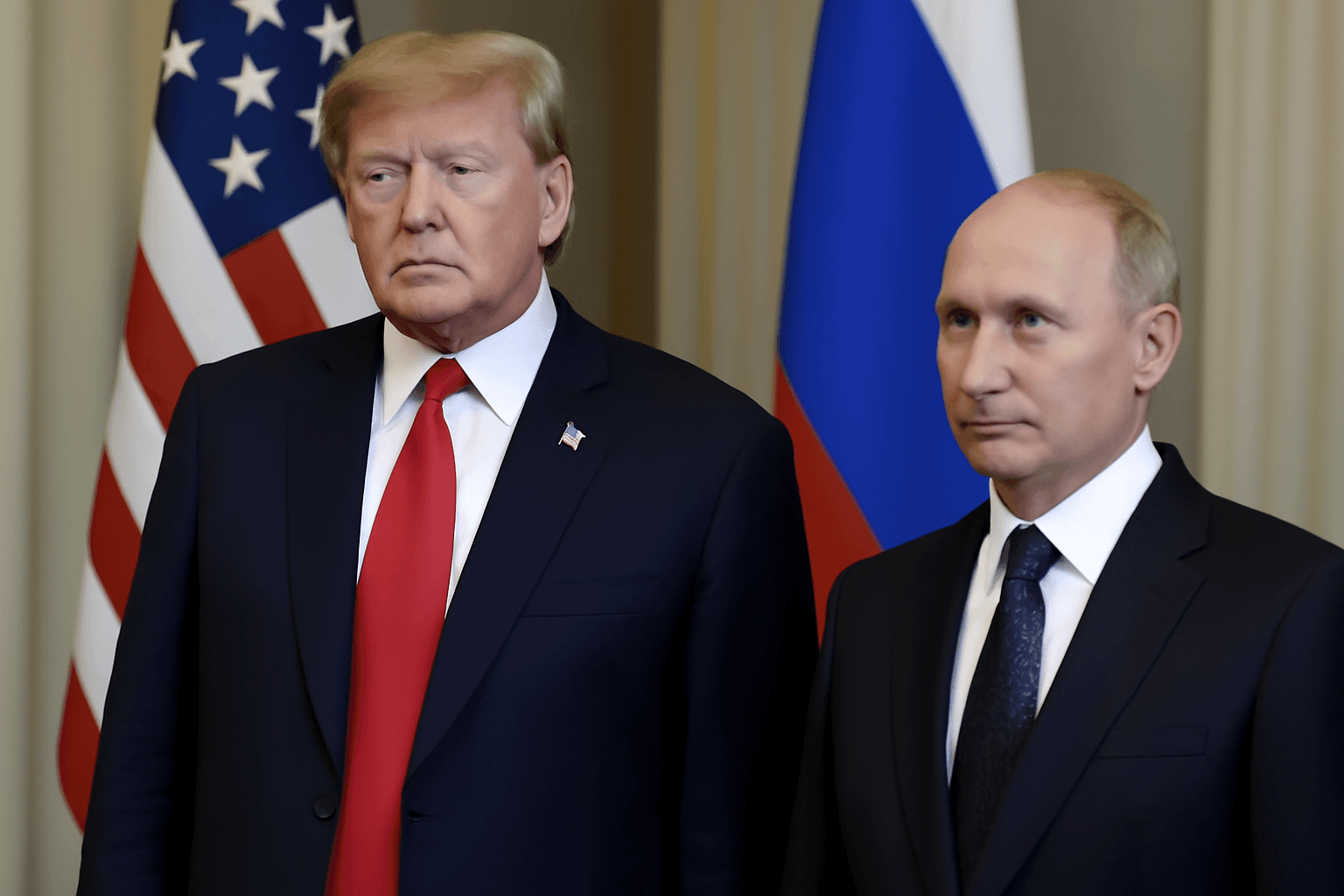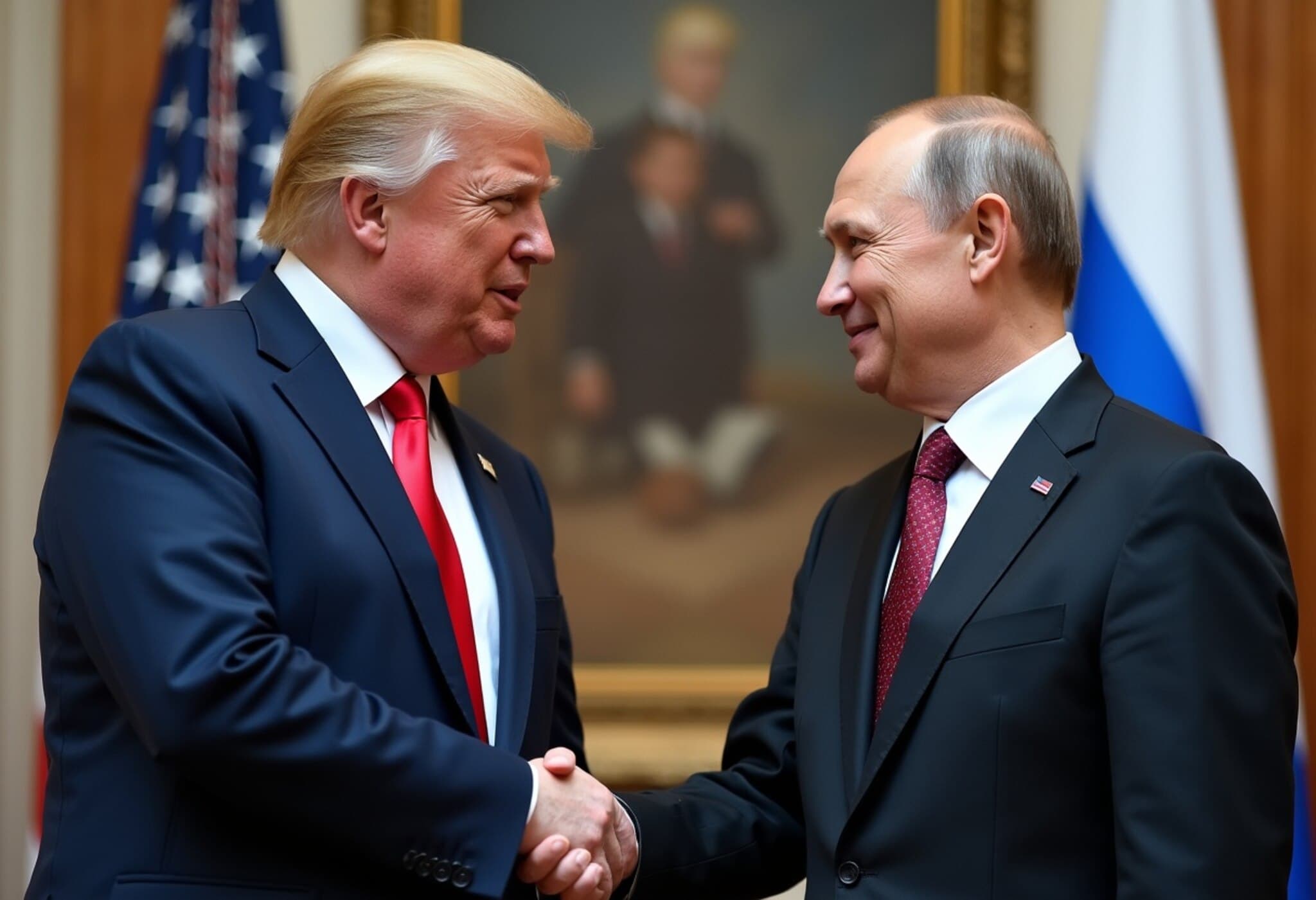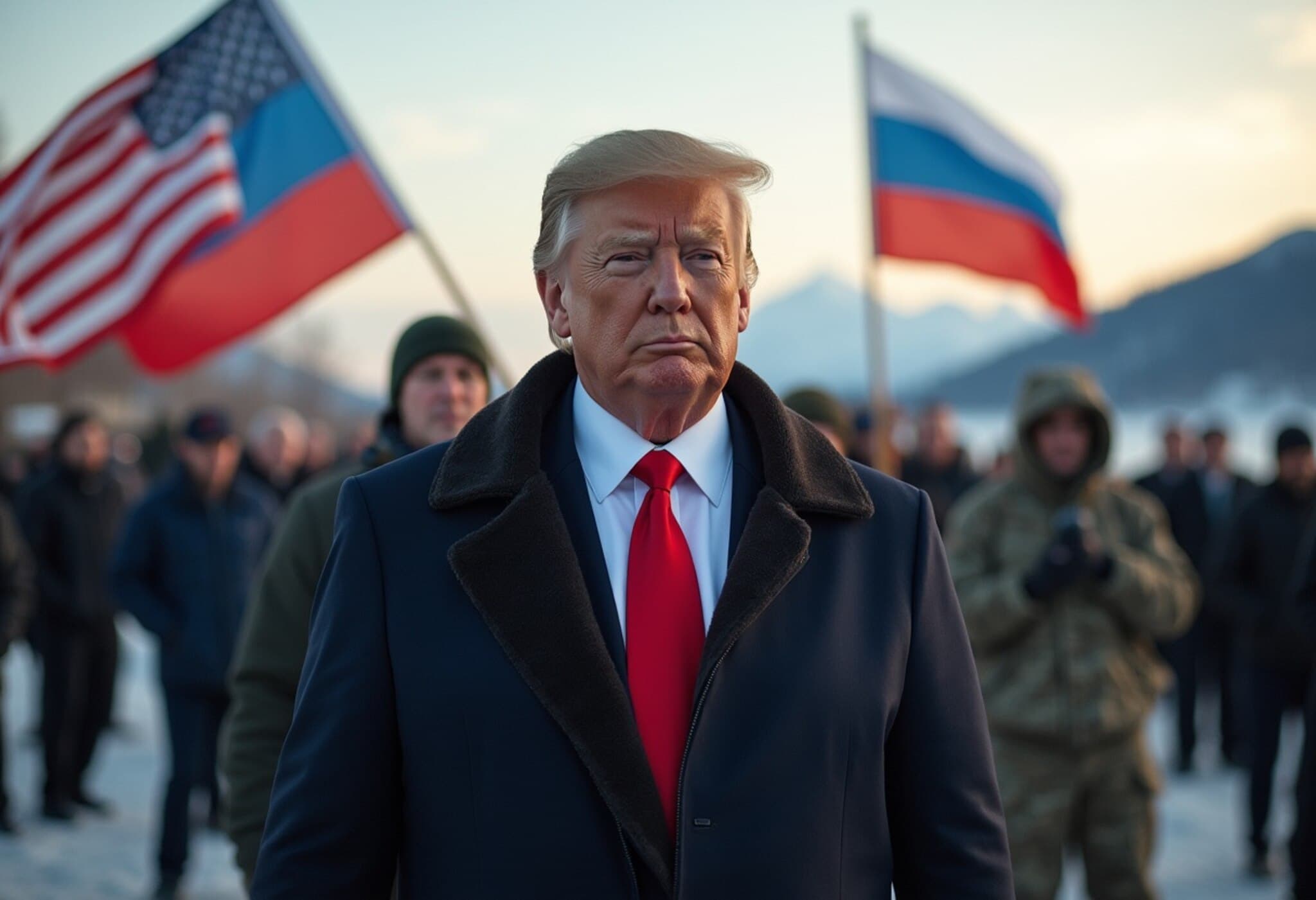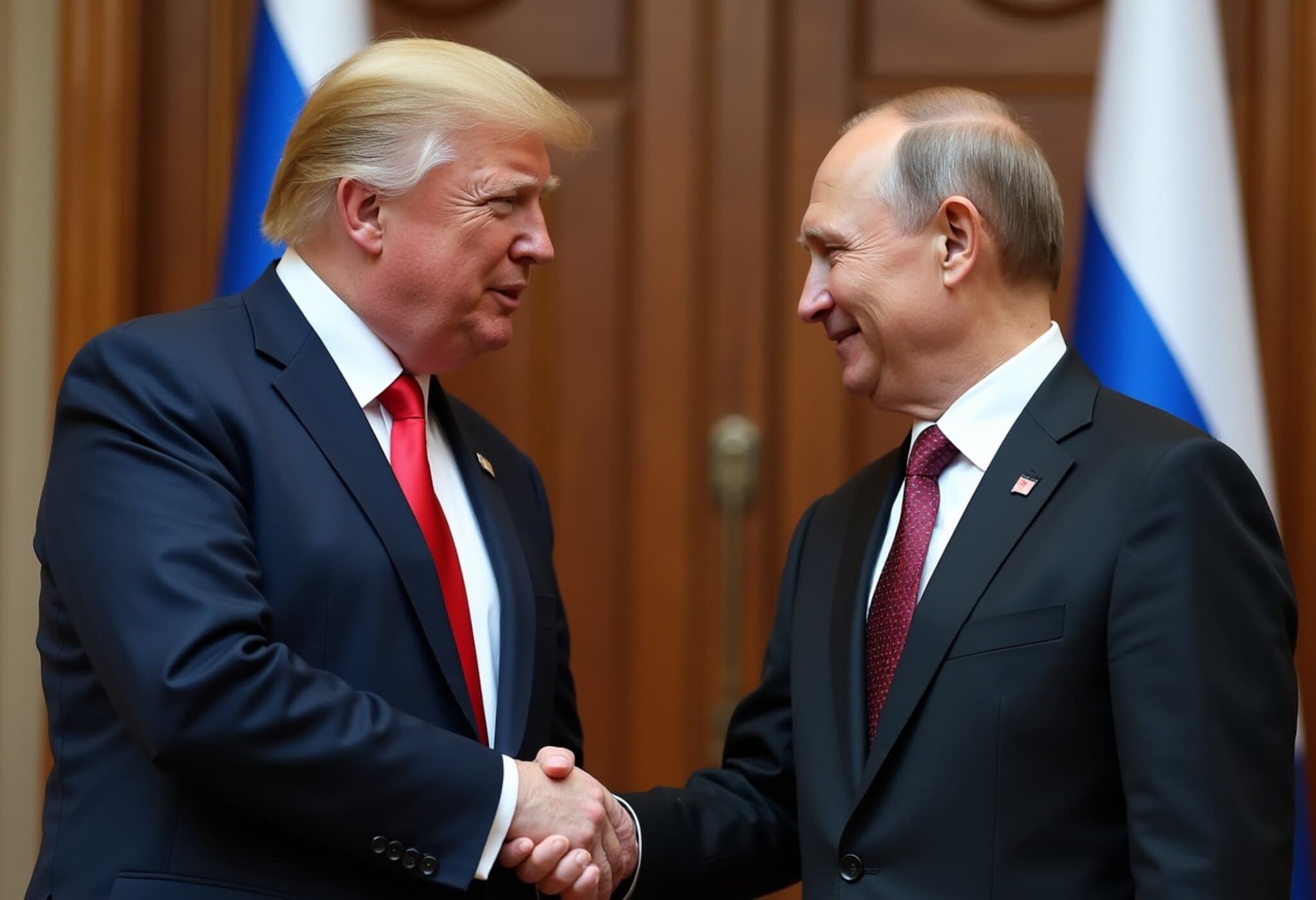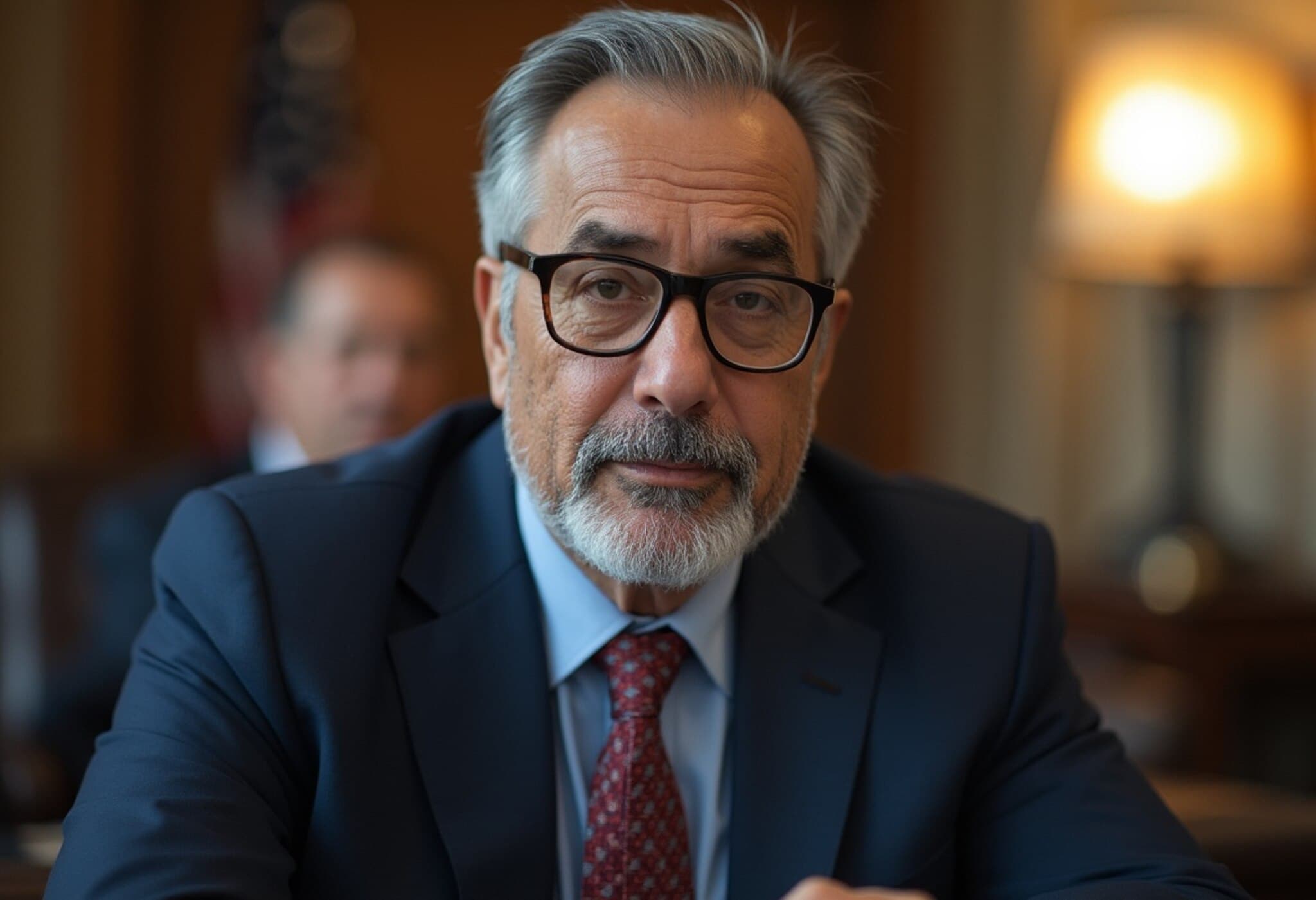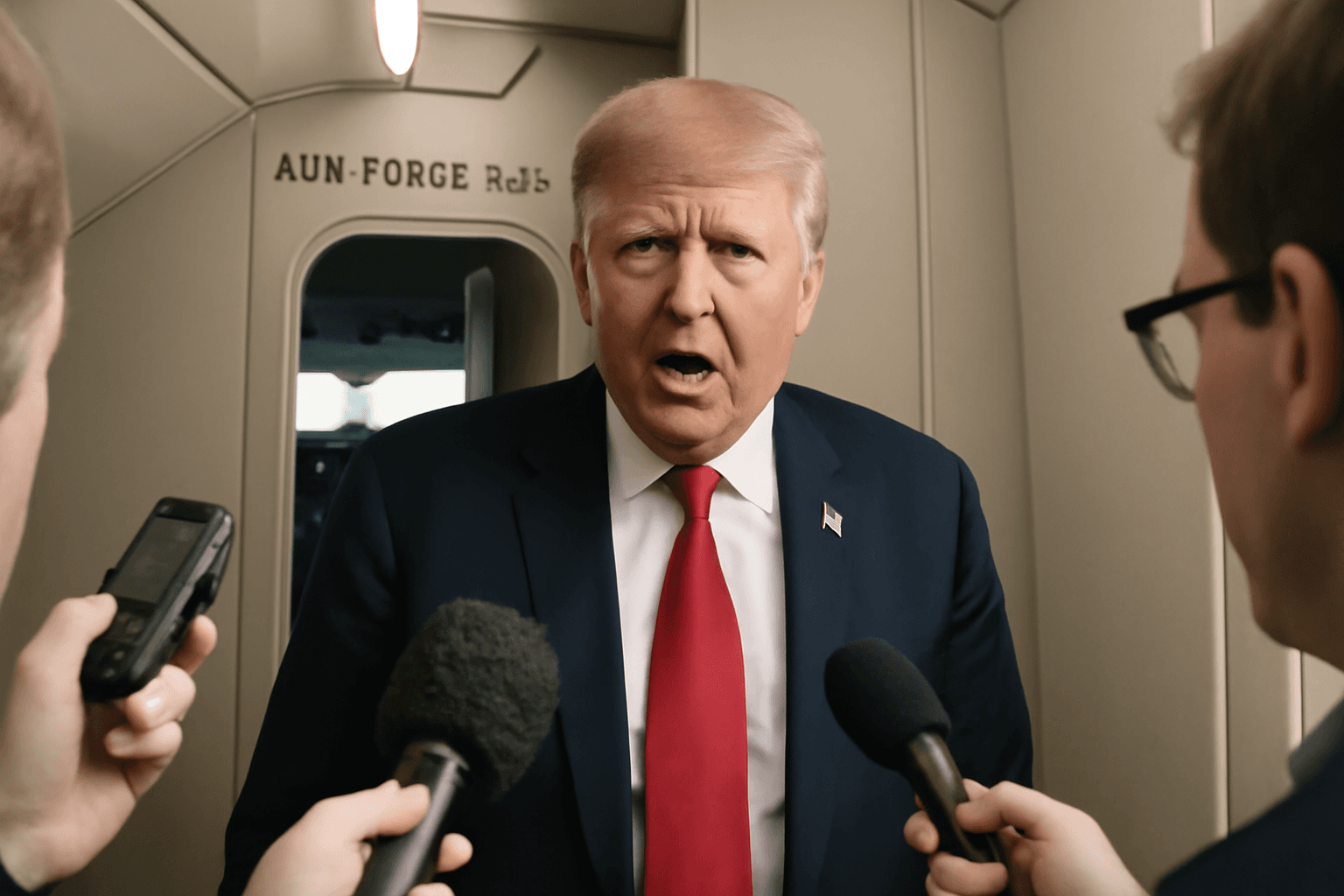Trump and Putin Begin Alaska Summit, Sidestepping Press Questions
On August 16, 2025, the much-anticipated Alaska summit between former U.S. President Donald Trump and Russian President Vladimir Putin commenced amid heightened international interest. Yet, in a move that surprised many, both leaders refrained from answering journalists’ questions before closing the meeting doors, leaving observers to speculate on the summit’s underlying agenda and implications.
Press Access Denied at the Outset
As the two world leaders gathered, reporters eagerly directed numerous questions toward Trump and Putin, seeking clarity on the topics expected to dominate the discussions – from geopolitical tensions to bilateral cooperation. However, in a coordinated decision, neither leader engaged with the media, signaling a tightly controlled communication approach.
This initial silence has raised concerns among media professionals and political analysts alike. Given the summit’s potential to influence international relations amid ongoing global challenges, the lack of transparent dialogue may exacerbate public uncertainty.
Contextualizing the Summit’s Strategic Significance
Experts emphasize that the timing of the Alaska meeting is critical. With escalating tensions over strategic alliances, energy resources, and military posturing, any interaction between Trump and Putin commands scrutiny.
- Diplomatic Dynamics: The U.S. and Russia have contended with strained relations marked by sanctions and cyber conflicts. This summit could signal thawing ties or, conversely, a hardening stance.
- Policy Implications: Trump’s unconventional foreign policy approach coupled with Putin’s assertive governance style makes the summit’s outcomes unpredictable yet consequential for global order.
- Media Transparency: The refusal to engage with journalists upfront raises questions about the intent to shield discussions from public scrutiny, an increasingly contentious issue in democratic societies.
Underreported Angles and Critical Questions
Beyond the immediate optics, this summit invites several underexplored narratives:
- Influence on Domestic Politics: How might this meeting affect political discourse within the U.S. and Russia, especially considering Trump's ongoing political presence?
- Economic Stakes: Are energy deals, particularly around Alaska’s vast resources, a hidden driver behind this engagement?
- Global Security: Could this summit alter existing security architectures or defense postures in strategic regions?
Looking Ahead: The Need for Transparency and Public Engagement
The decision by Trump and Putin to decline media interaction at the summit’s start reflects a broader challenge in international diplomacy—the balance between confidentiality and accountability.
As the world watches closely, the demand for accessible, clear, and honest communication from leaders remains paramount. Ultimately, how this summit’s outcomes are conveyed to the public will shape perceptions and trust in global leadership.
Editor’s Note
While high-level meetings like the Alaska summit are often shrouded in secrecy, the refusal of Trump and Putin to address the media openly intensifies calls for transparency. Observers should remain vigilant, considering not only the summit’s immediate declarations but also its broader geopolitical impact, especially on U.S.–Russia relations, energy security, and international norms of diplomatic openness. How leaders communicate—or choose not to—can deeply influence public trust and global stability.

